Nestled among this year’s Oscar favourites – which include Martin Scorsese’s epic biopic on the Osage Nation, Christopher Nolan’s epic biopic on the father of the atomic bomb, and Bradley Cooper’s intense biopic on legendary composer Leonard Bernstein – is a bizarre, intimate movie about the parameters of scientific experimentation and sexual exploration. Of course, that is no small movie, with 3-time Oscar winner Yorgos Lanthimos, at the helm, with Oscar nominees Mark Ruffalo and Willem Dafoe, alongside Oscar winner Emma Stone bringing this intensely entertaining world to life.
Poor Things, adapted from Alasdair Gray’s novel of the same name, follows the cognitive development of one Bella Baxter (Emma Stone) after a groundbreaking, experimental scientific procedure. If that sounds like a relatively mundane, Oscar-baiting concept, then prepare for a massive twist. Brought up in a house of Dr Moreau-style hybrid animals, Bella Baxter is under constant observation from her ‘father,’ Godwin ‘God’ Baxter (Willem Dafoe), and his understudy Max (Ramy Youssef), until the sleazy lawyer Duncan Wedderburn (Mark Ruffalo) breaks her out for a sexual adventure around the world.
The first thing that shines through the screen is that Poor Things is an incredibly fun film. From Willem Dafoe’s dogma-complexed Scottish barber surgeon, to Mark Ruffalo’s swearing lawyer, and Emma Stone’s hilariously entertaining encapsulation of the mind of a spoiled child inside the body of a young woman, everyone involved with Poor Things looked like they were having the time of their lives making the movie.

Poor Things balances two central themes – the journey of personal growth, and the ramifications of unfiltered scientific experimentation. The latter is the most obvious, and prevalent within the film. From the start, Poor Things toys with the god-complex of the Baxter patriarch, who is literally called God by everyone close to him. All throughout Bella’s new life, she is treated as an experiment by Godwin, who attempts to confine her to his home to “control the parameters of the experiment.” As any developing ‘child’ would, Bella develops with this frame of mind, and views every aspect of life as a potential experiment, from traveling the world with Duncan to becoming a sex worker in Paris, every major decision is viewed as a method of gathering valuable personal data.
As well as her view of the world, Bella’s emotional development is, for the majority of the movie, influenced by the apathetic nature of blunt science. Bella doesn’t develop any kind of emotional filter from her time under Godwin’s care, resulting in her being confused by Duncan’s many emotional outbursts, casually asking a 70-year-old woman if she masturbates whilst on a posh cruise, and attempting to punch a crying baby in a fancy Portuguese restaurant. This apathetic form of mental processing inspires a lot of the film’s surprisingly copious humour as Bella fails to comprehend the social norms of the increasingly bizarre situations she finds herself in on her journey.
To try and categorise Poor Things into one genre would be next to impossible, but one possible contender, surprisingly, would be a coming-of-age road trip movie. After breaking out of Godwin’s lab – which you could argue is the film’s inciting incident – Bella’s journey perfectly encapsulates the tropes of a classic teenage road trip film. She starts out enjoying her wild journey with Ruffalo’s Duncan, which includes an incredible dance sequence, and more bedroom cardio than a marathon runner could handle. Then things begin to take a turn when Bella is exposed to alternative ideas as she develops mentally, causing her to clash heads with Duncan repeatedly, until their ‘relationship’ comes to a head.

On top of its hilariously awkward, off-beat humour, Poor Things is an exceptionally beautiful film. Yorgos Lanthimos paired with DOP Robbie Ryan (who was nominated for an Oscar for his previous partnership with Lanthimos on The Favourite) to bring his brilliantly surreal world to life. Before her escape, Poor Things presents Bella’s life in a monochrome palette, exemplifying the apathetic nature of scientific experimentation. However, her first bedroom experience explodes the screen with colour and the incredible sets are brought to life. Robbie Ryan utilises a different colour palette for each location, which overtly exemplifies Bella’s mindset at each point of the story. Lisbon is lit with beautiful orange hues, representing the joy and excitement of their physical relationship and Bella’s freedom. Then, as she her trip descends into gloom, the palette’s vary widely upon each set. Her introduction to the philosophical school of cynicism is met with harsh, cautioning yellows, and the reveal of her former life, and the melancholy depression that comes with it is overshadowed by dreary blues. In another nod to the invasive, observational nature of social experiments, Poor Things presents certain shots through a narrow, peep hole/ fish-eyed lens, in the style of a fly on the wall, just as a lead scientist would observe their experiment.
The elephant in the room when it comes to any discussion of Poor Things is the overwhelming amount of sex in the film. Lanthimos has previously been very vocal about his feelings towards Western (specifically British and American) prudishness regarding nudity and sex in cinema. As her mind develops, Bella discovers the wonders of sexual pleasure, which, paired with her lack of awareness and care for social politeness, results in her exploring her sexual appetite very openly and honestly. Unlike a lot of other films which attempt to tackle this, Poor Things’ use of nudity is calculated, with no element feeling unnecessary, or for the purpose of female objectification. Instead, Lanthimos uses Bella’s sexual openness as a means of prying open outdated social views of sex. The intense amount of sexual scenes in the film also act as their own experiment, with the goal of desensitising the audience to prudish social cues regarding sex.
Overall, Poor Things is deserving of any and all the awards nominations it is currently receiving, and is a stand-out film in a year that has been overwhelmed with cinematic events, and major Hollywood directors bringing their own visions to the table. With its incredibly unique take on science fiction, and immensely entertaining performances, which only heighten a tight and witty script. Emma Stone and Mark Ruffalo undoubtedly steal the show, and the on-screen chemistry of their dually selfish relationship elevates their already hilarious performances.

Poor Things
An immensely fun and incredibly sharp experiment!
Poor Things is currently screening in cinemas!

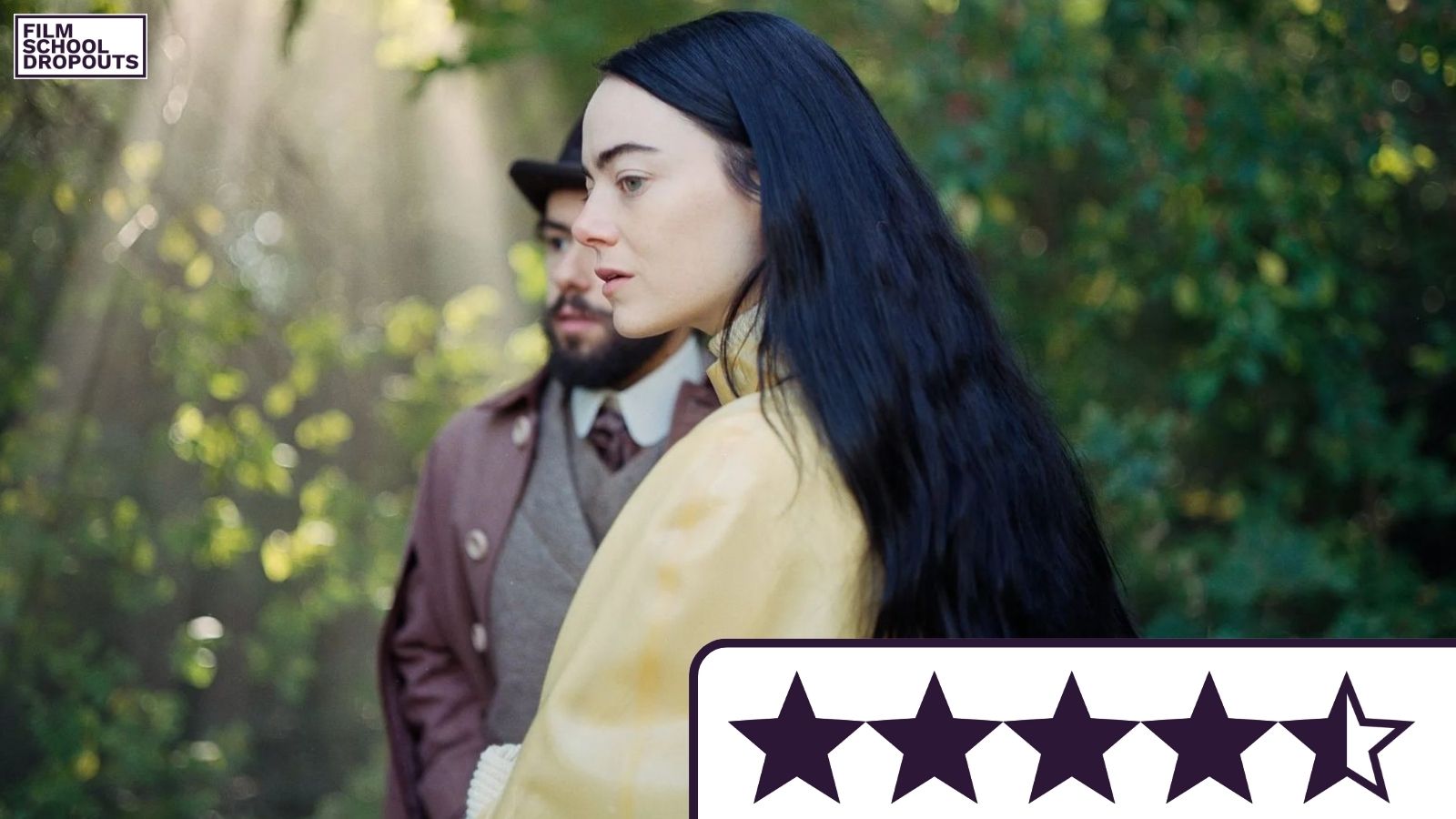

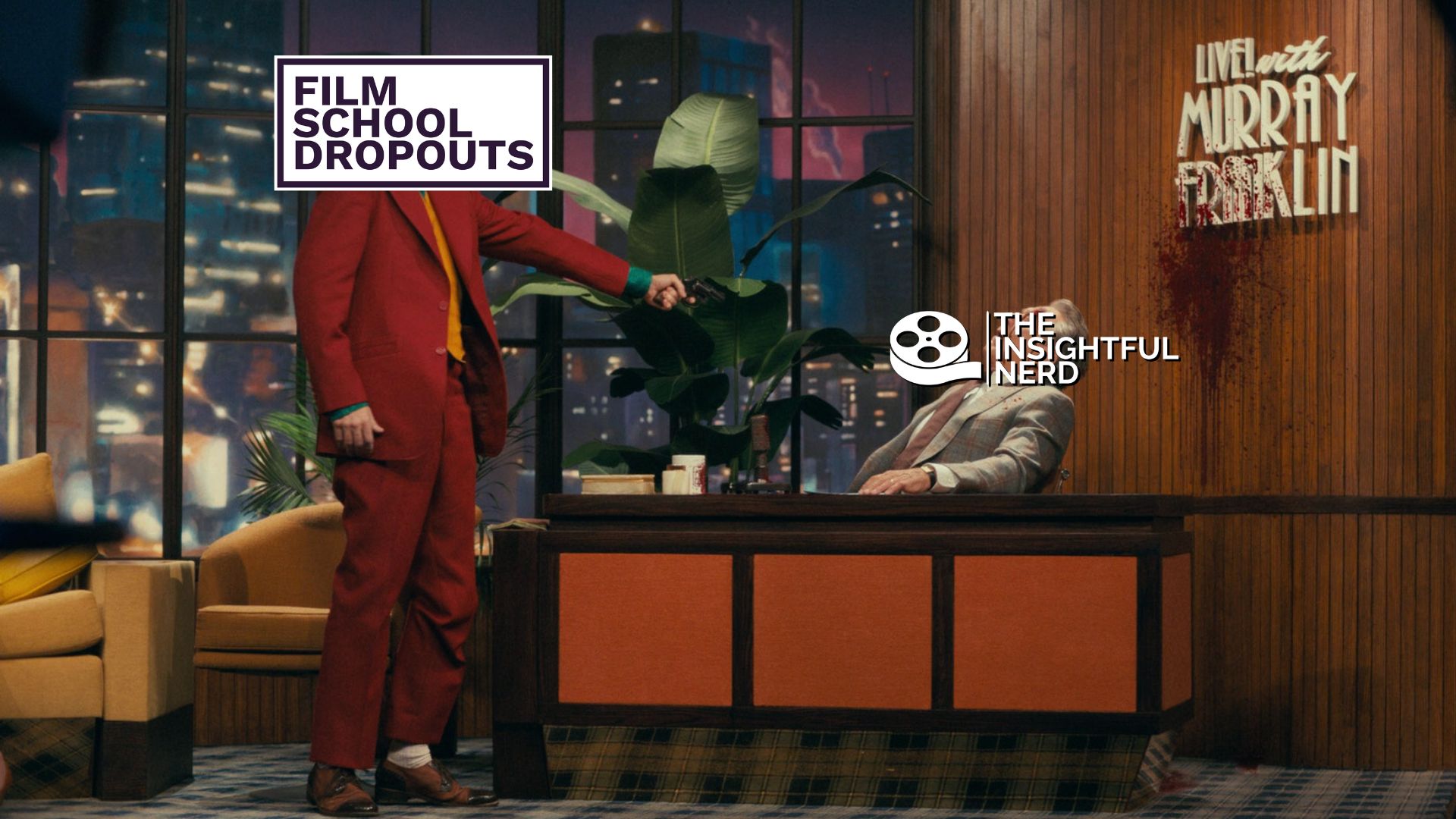









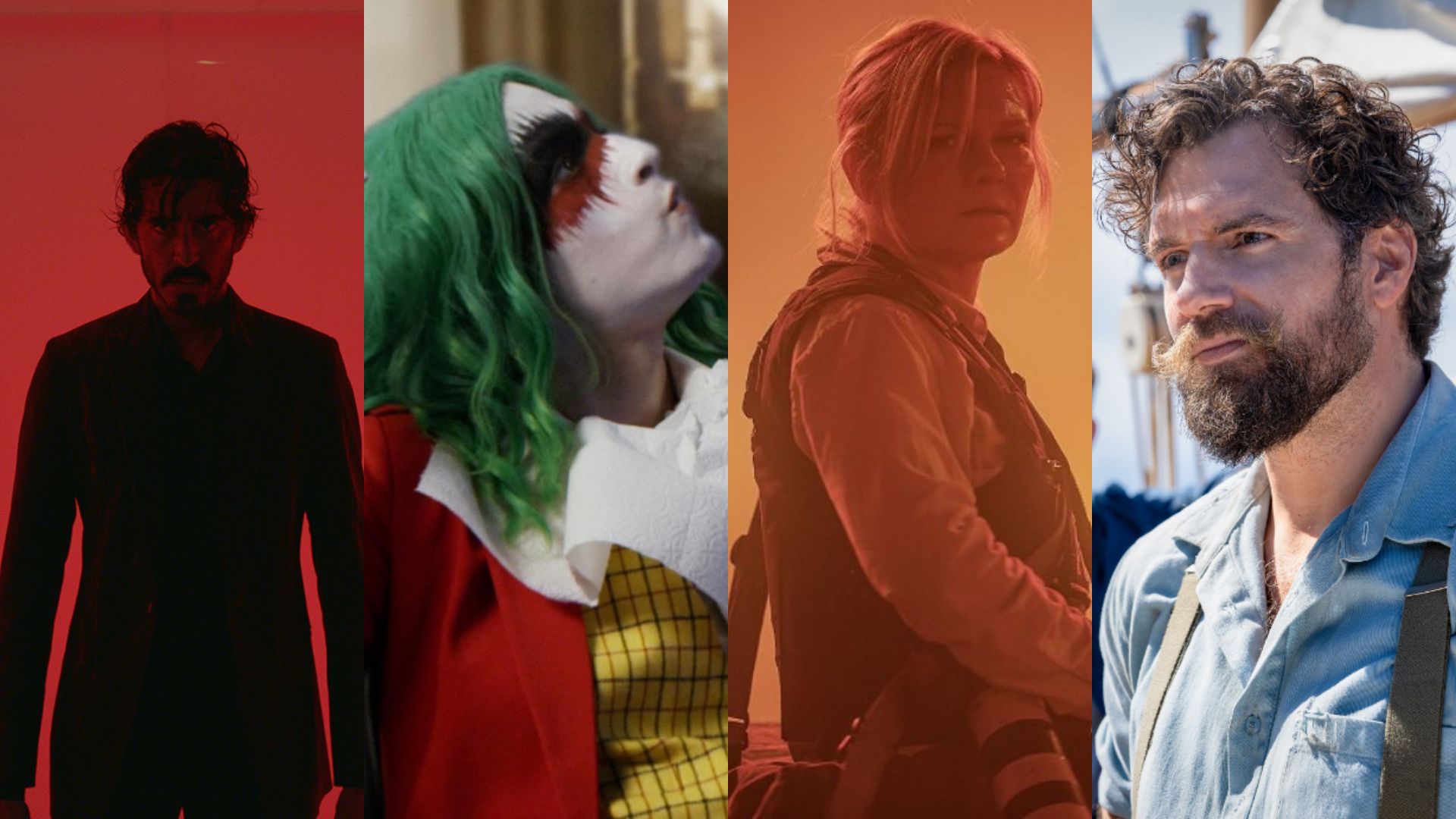

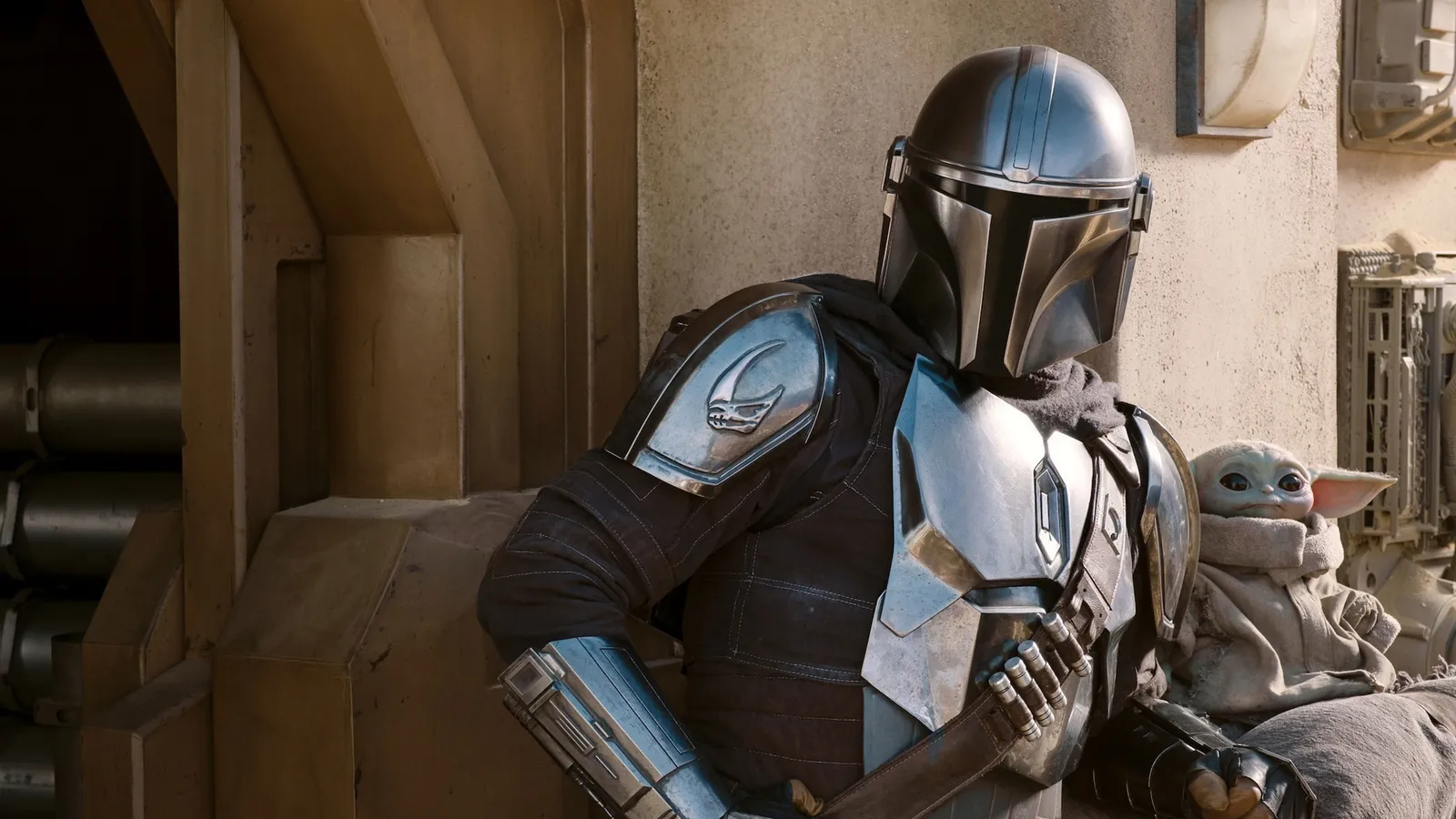


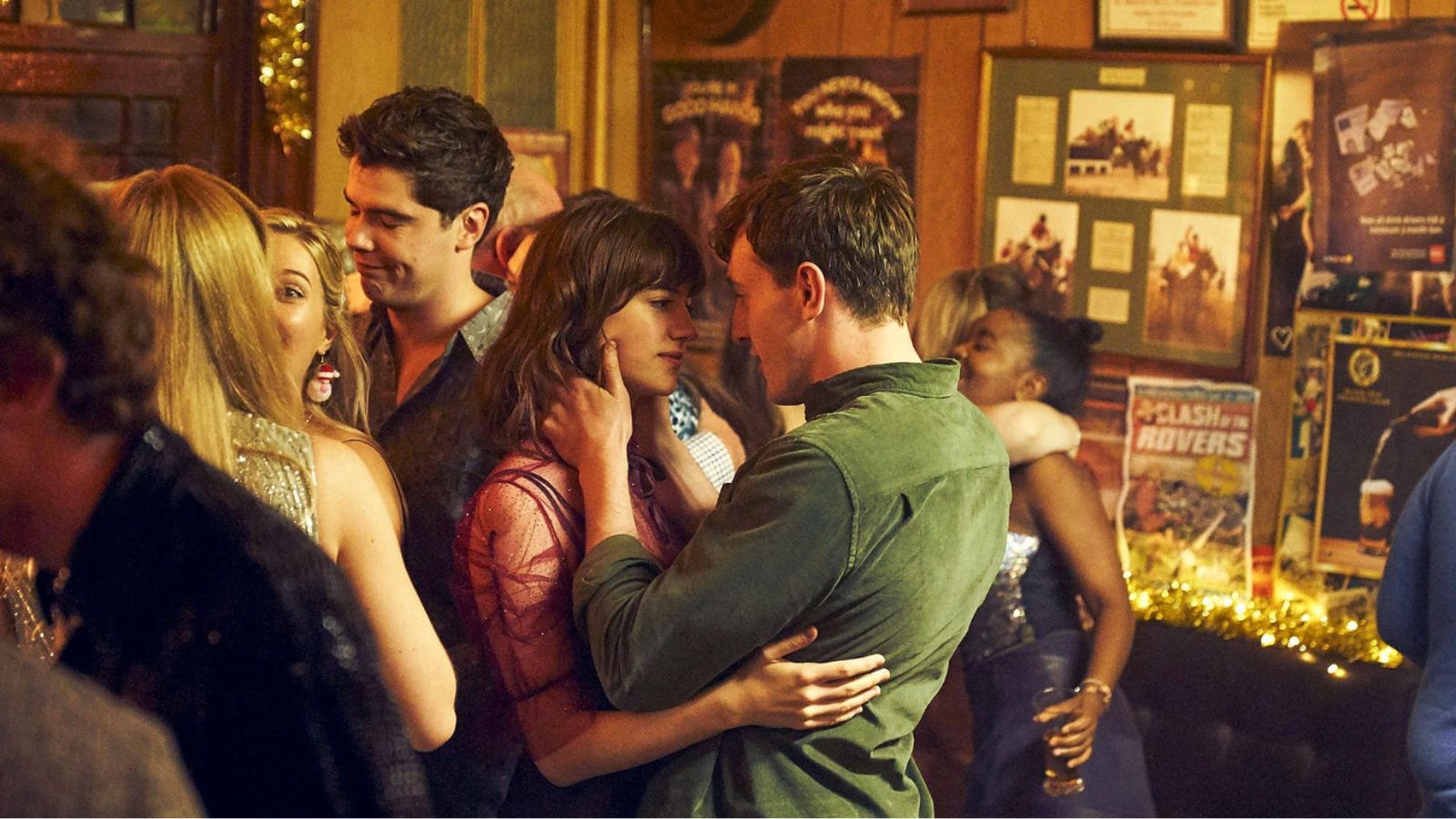
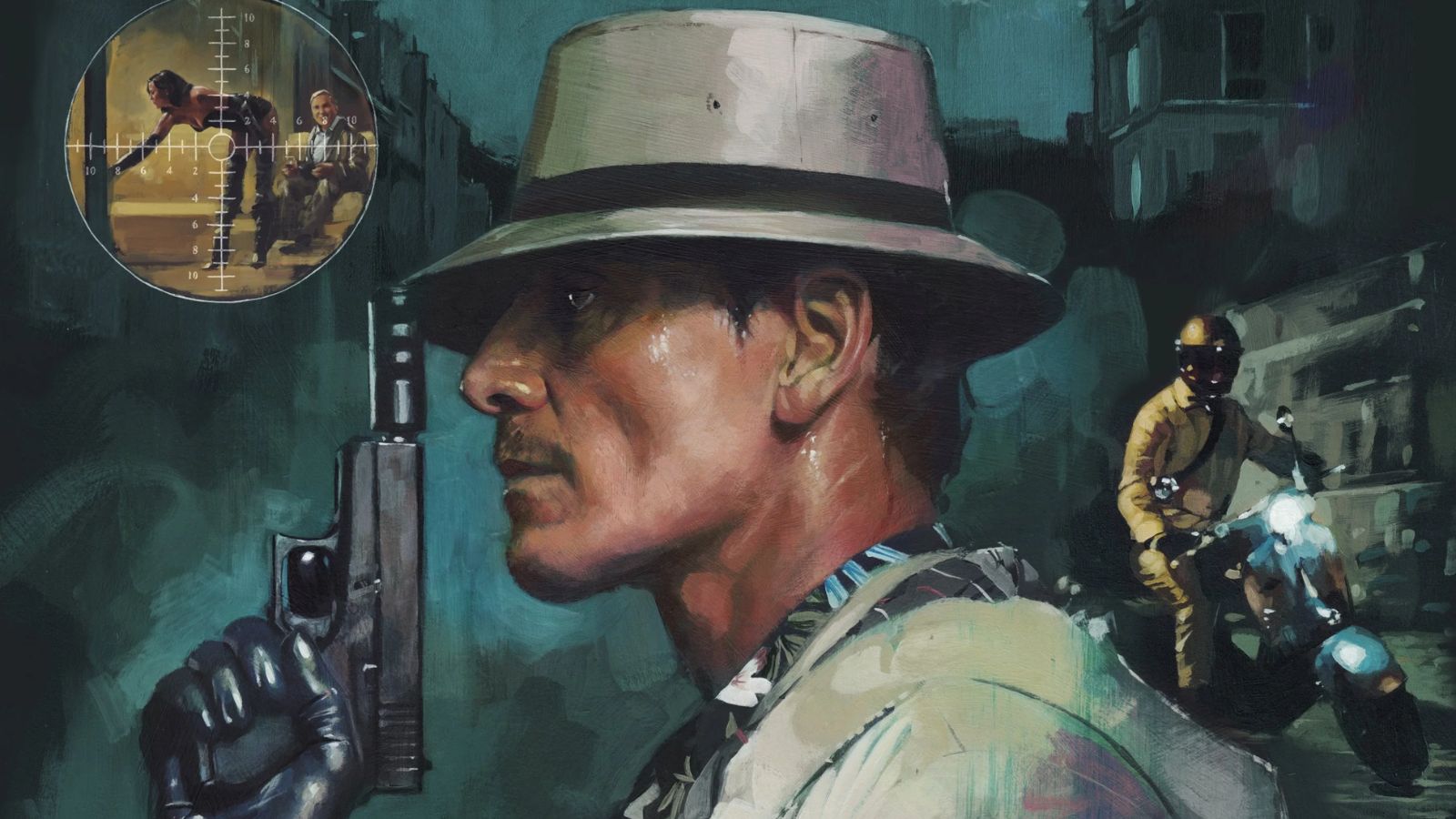
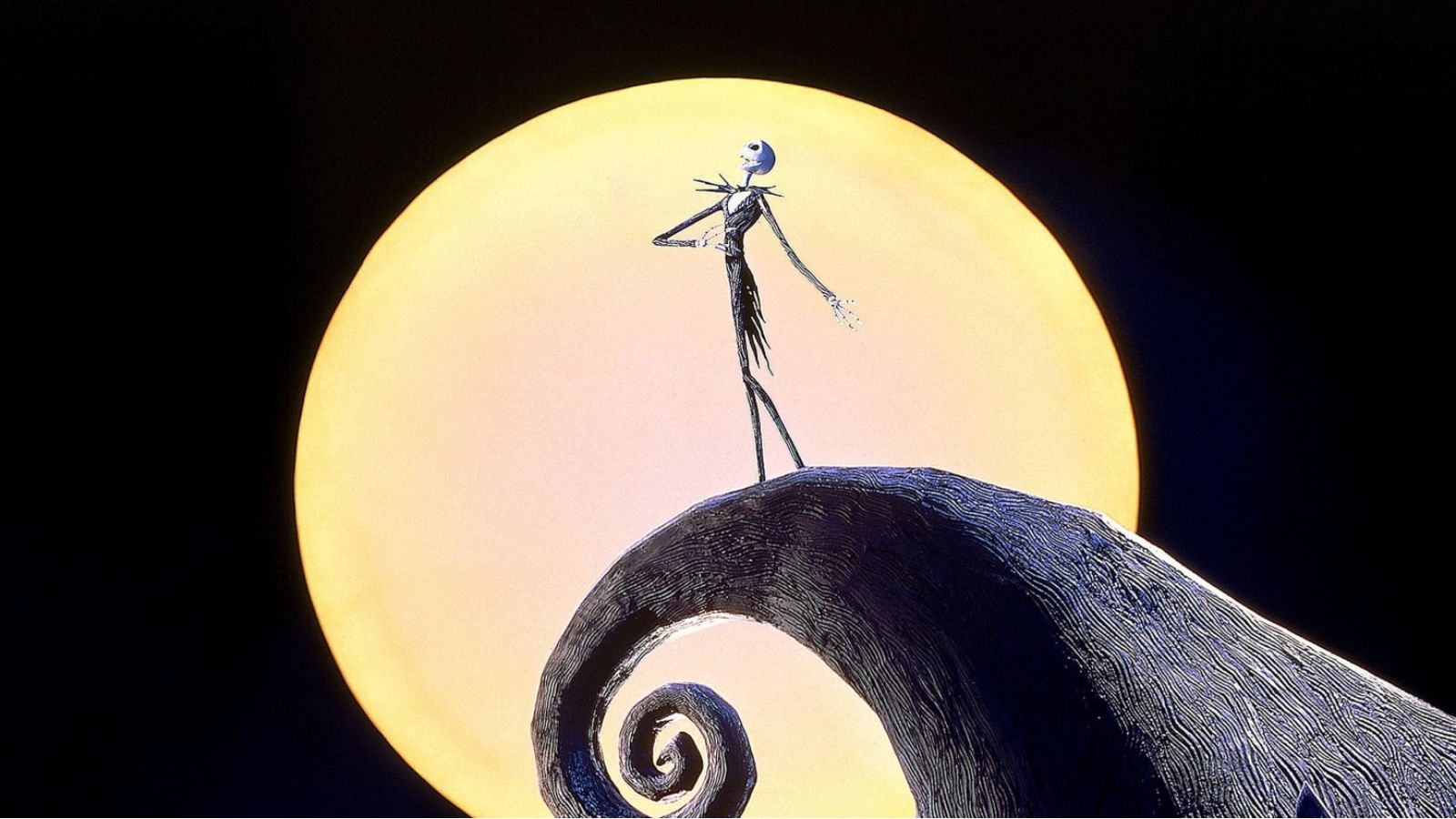
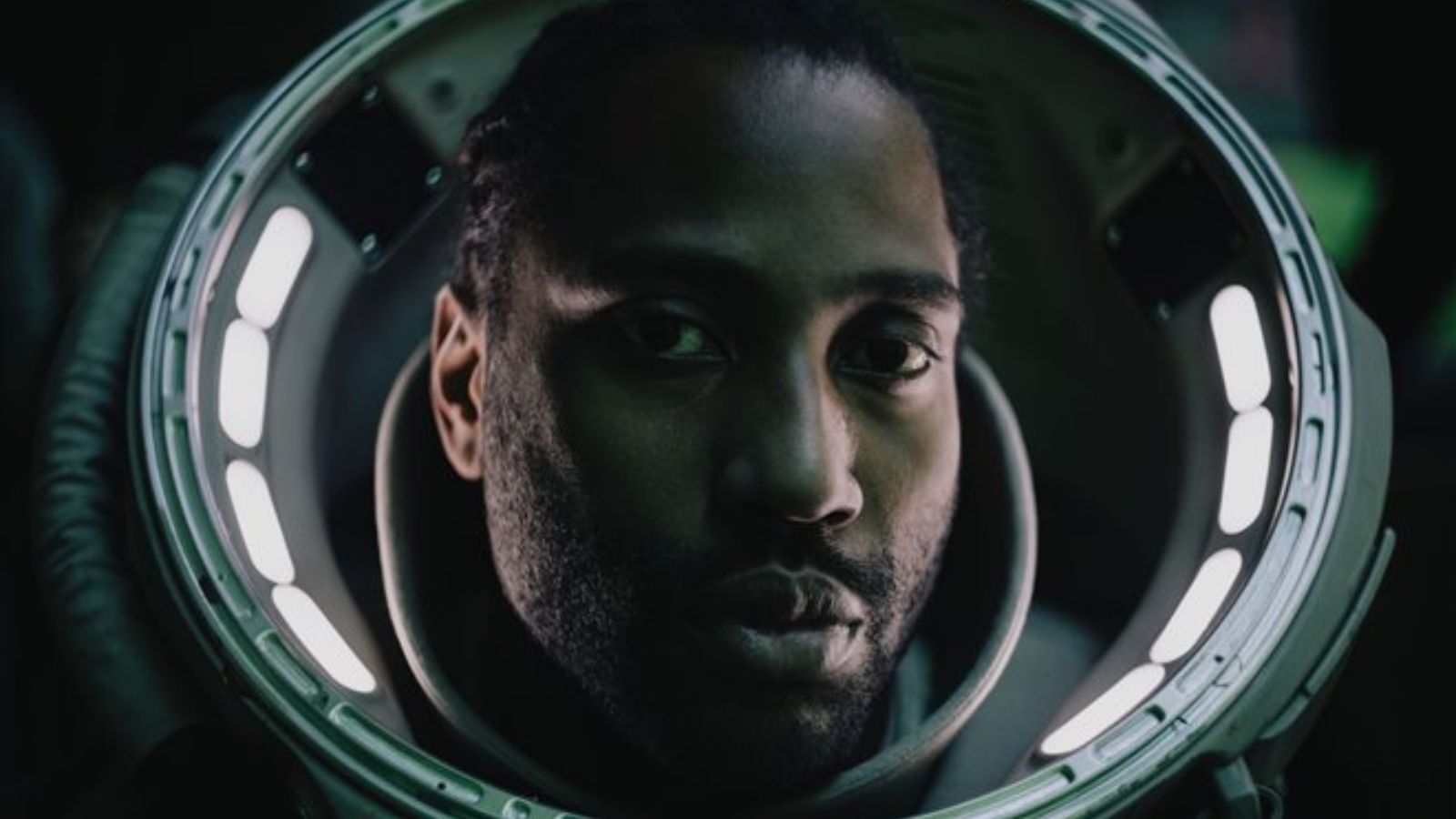
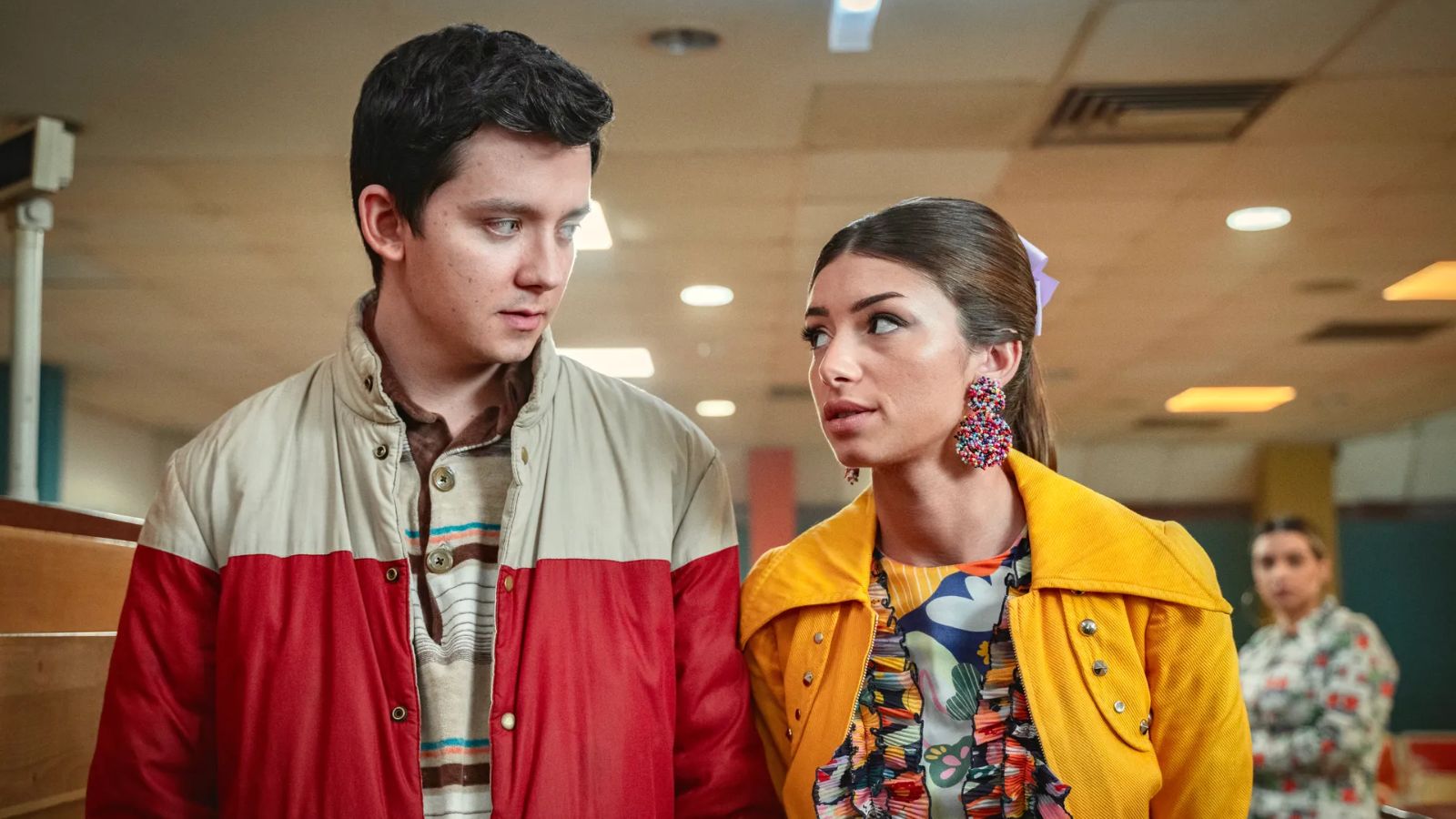

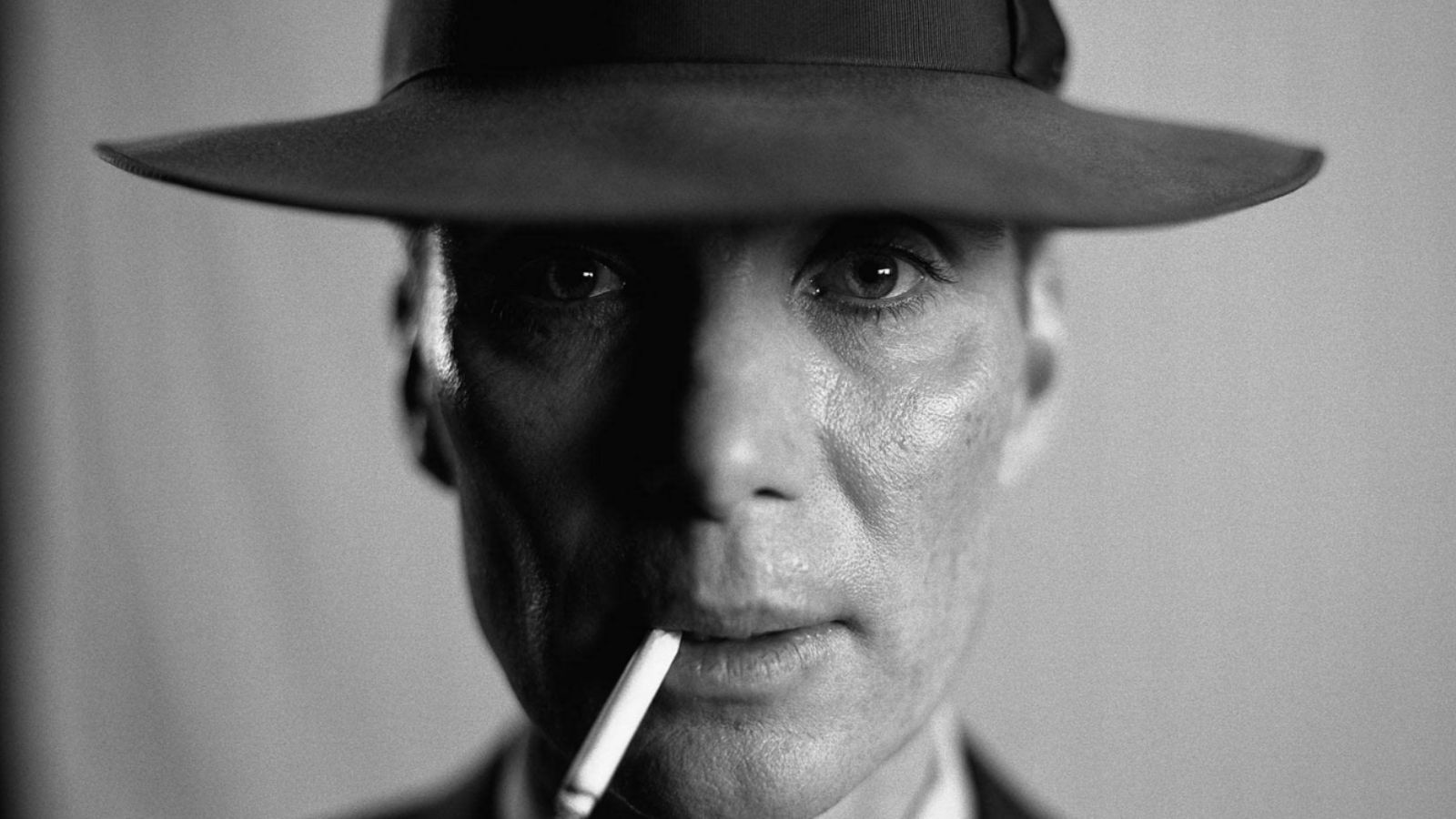
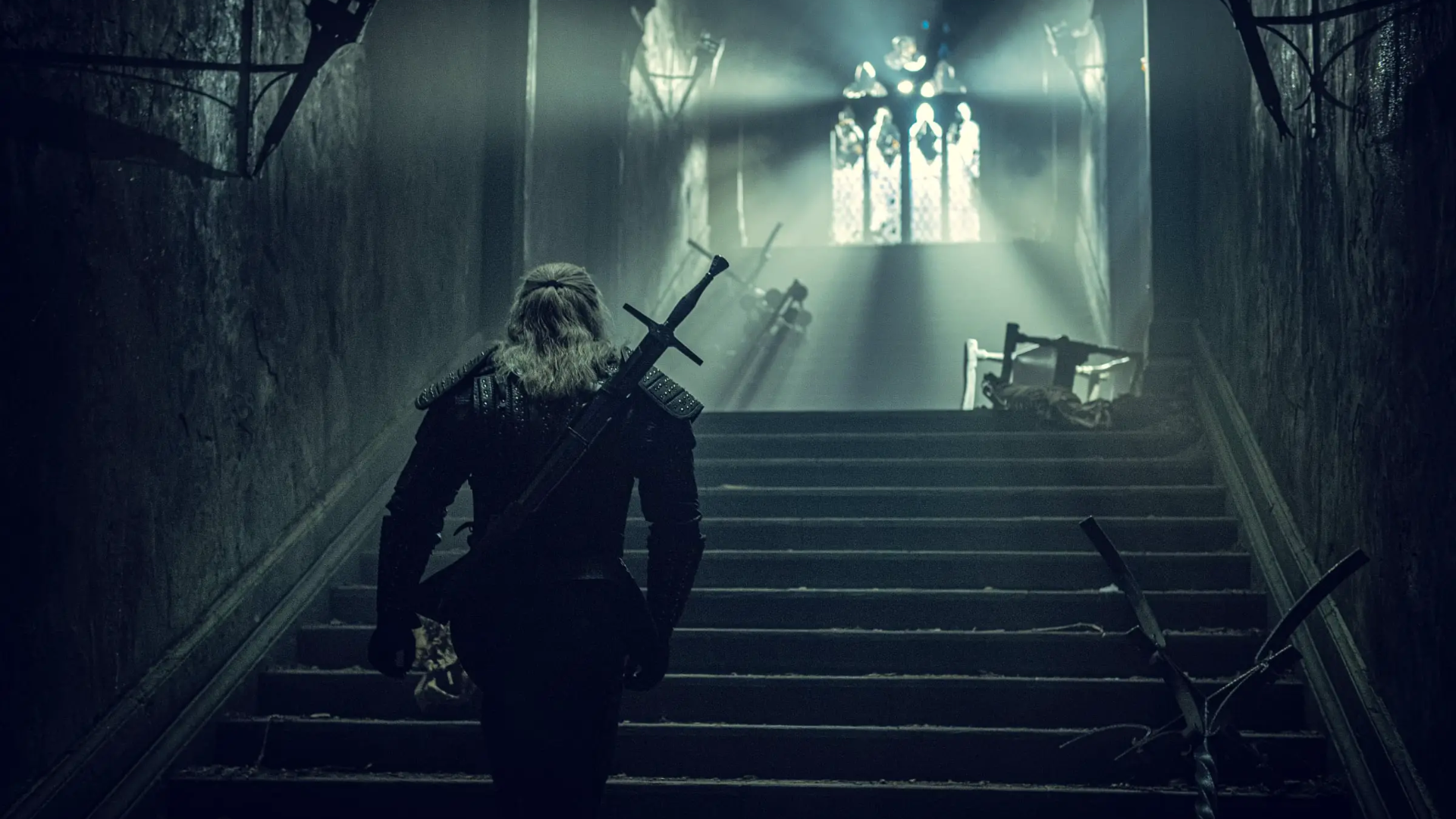
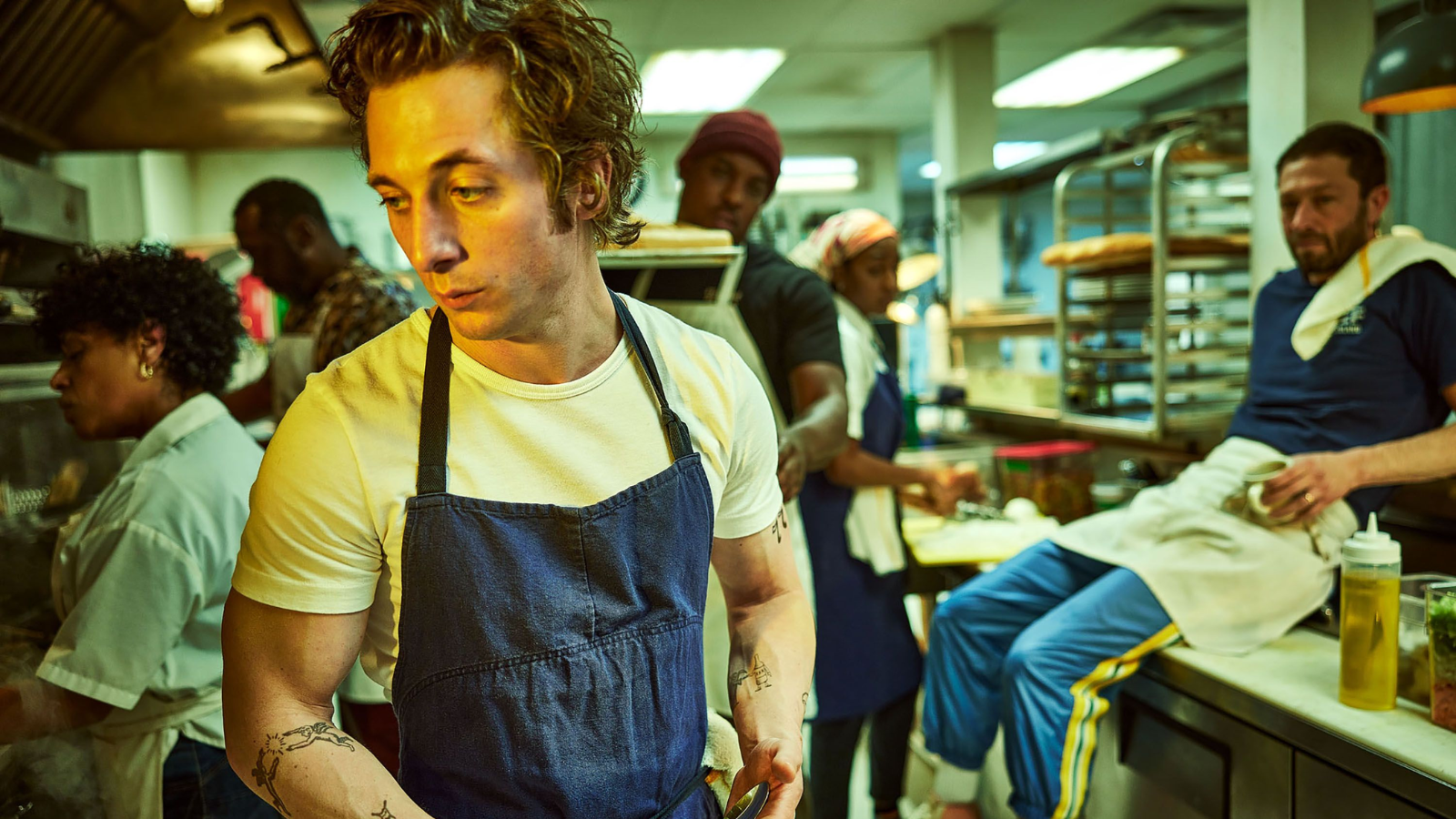

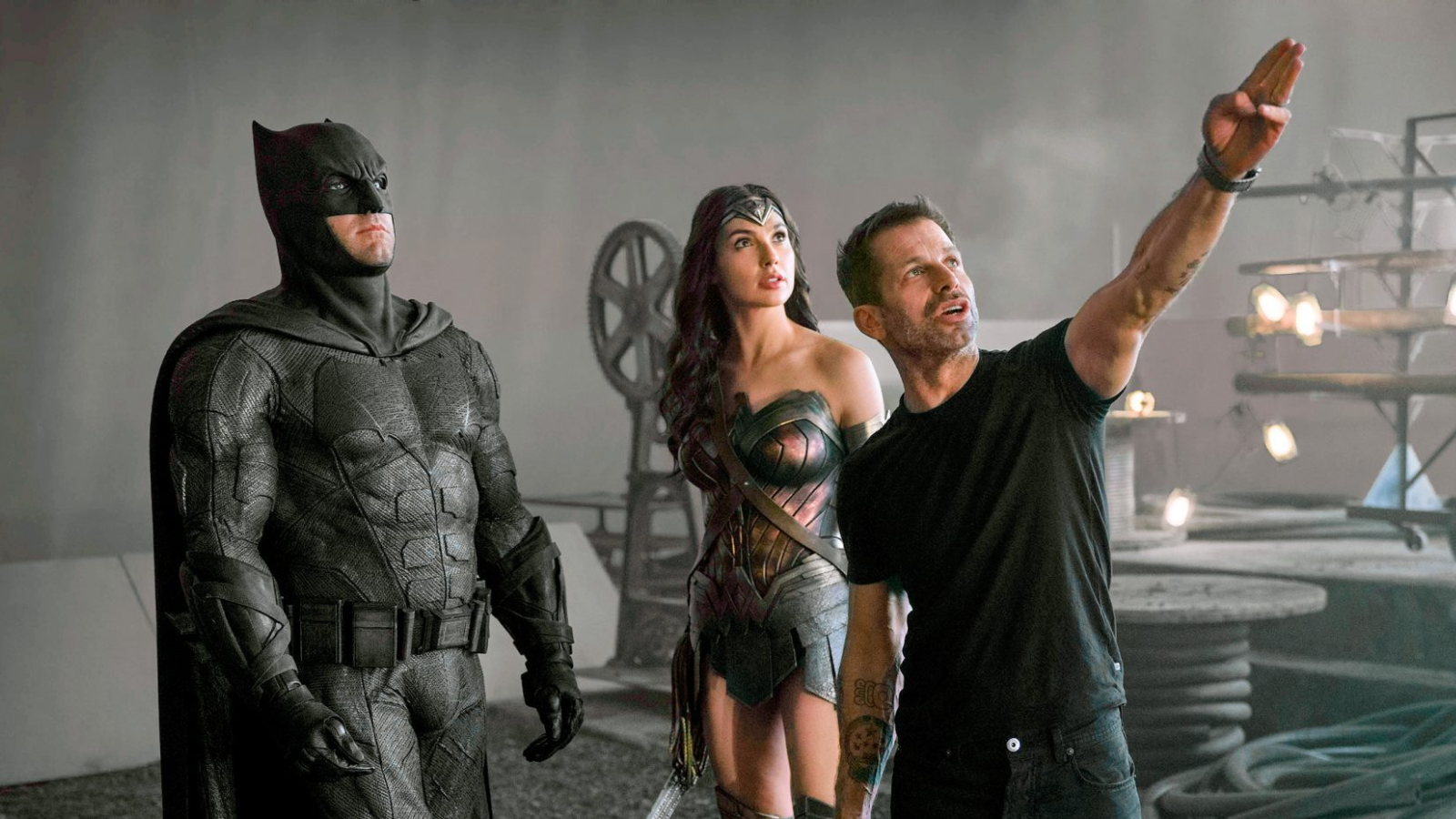


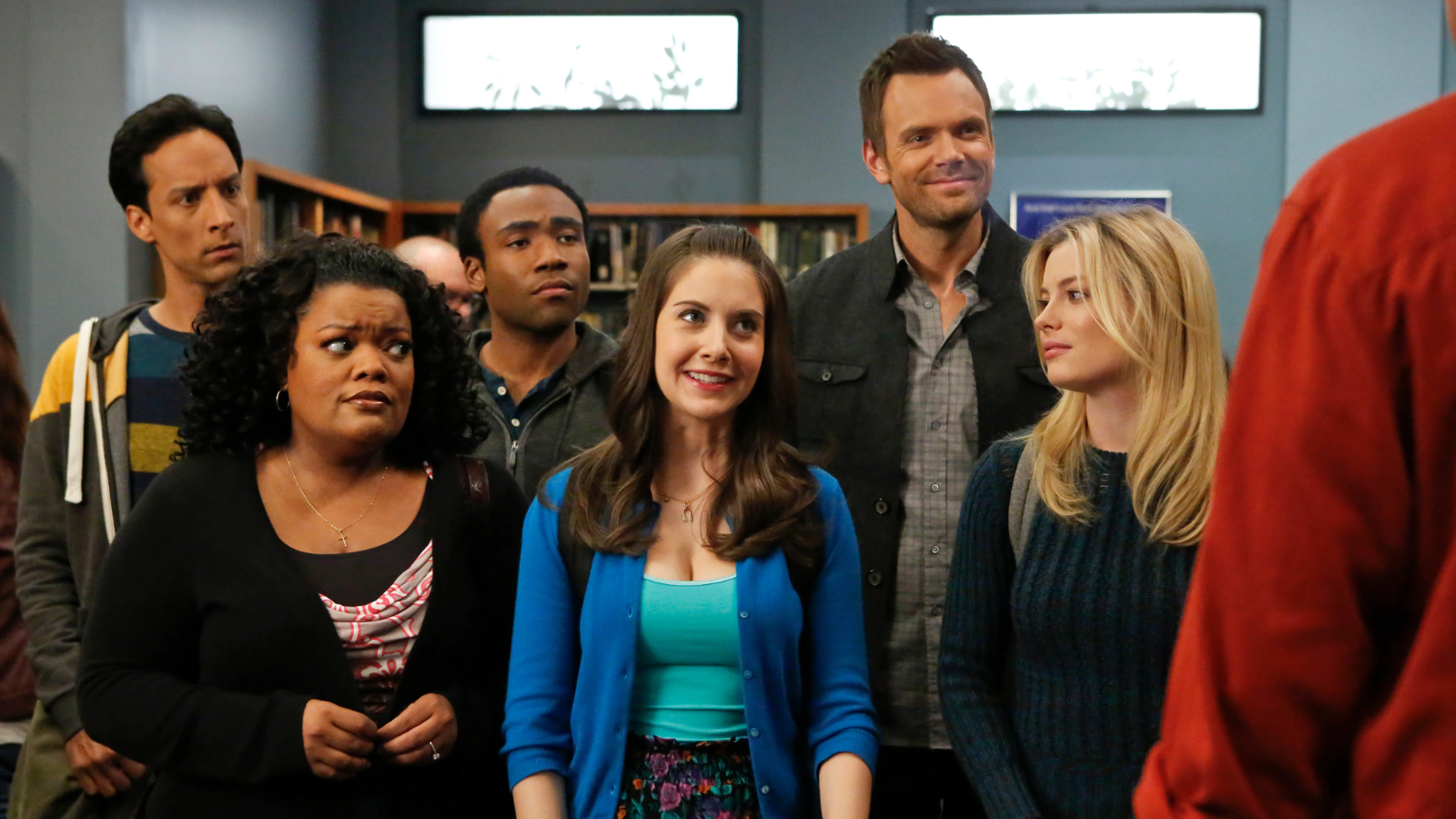
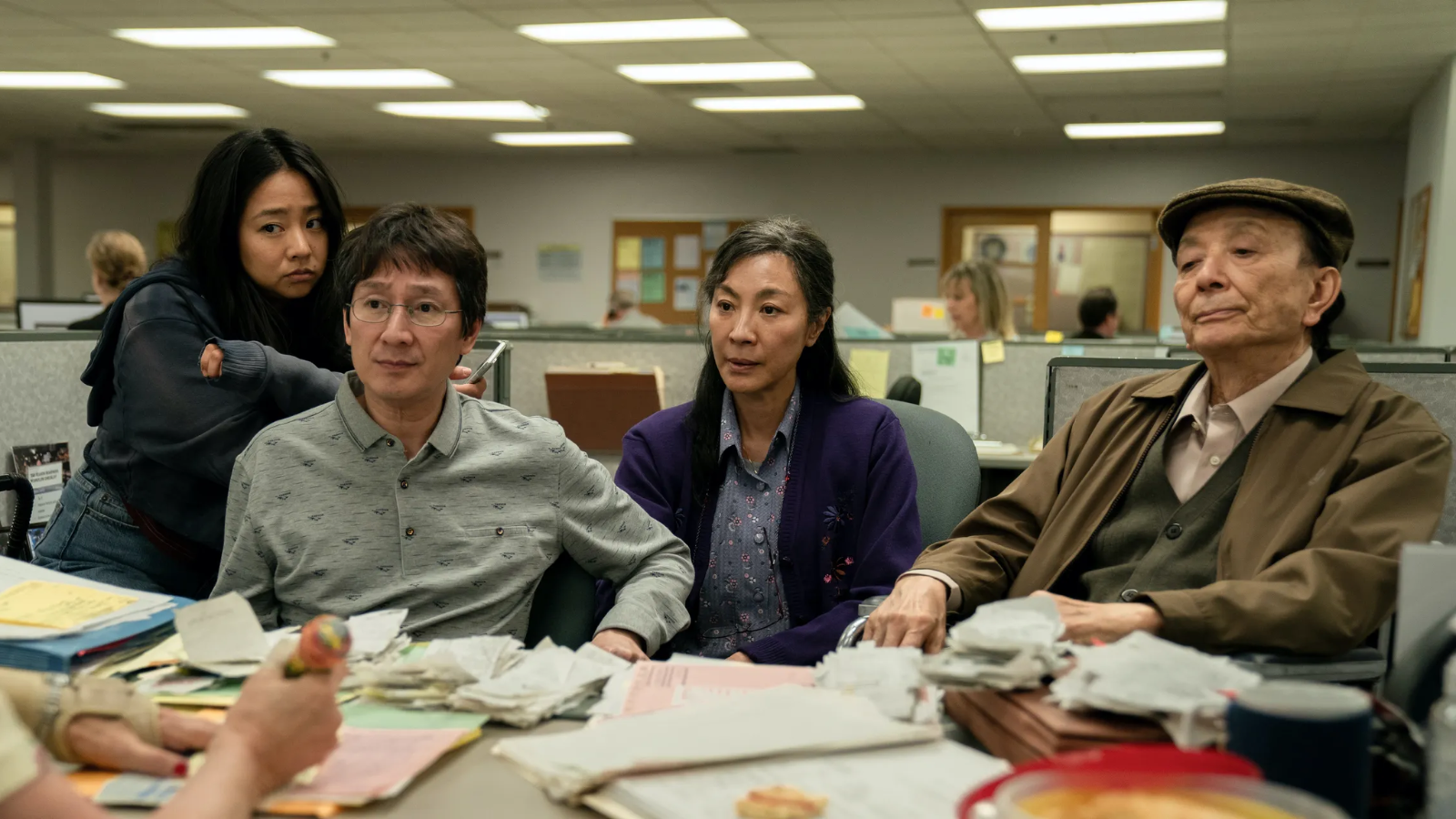
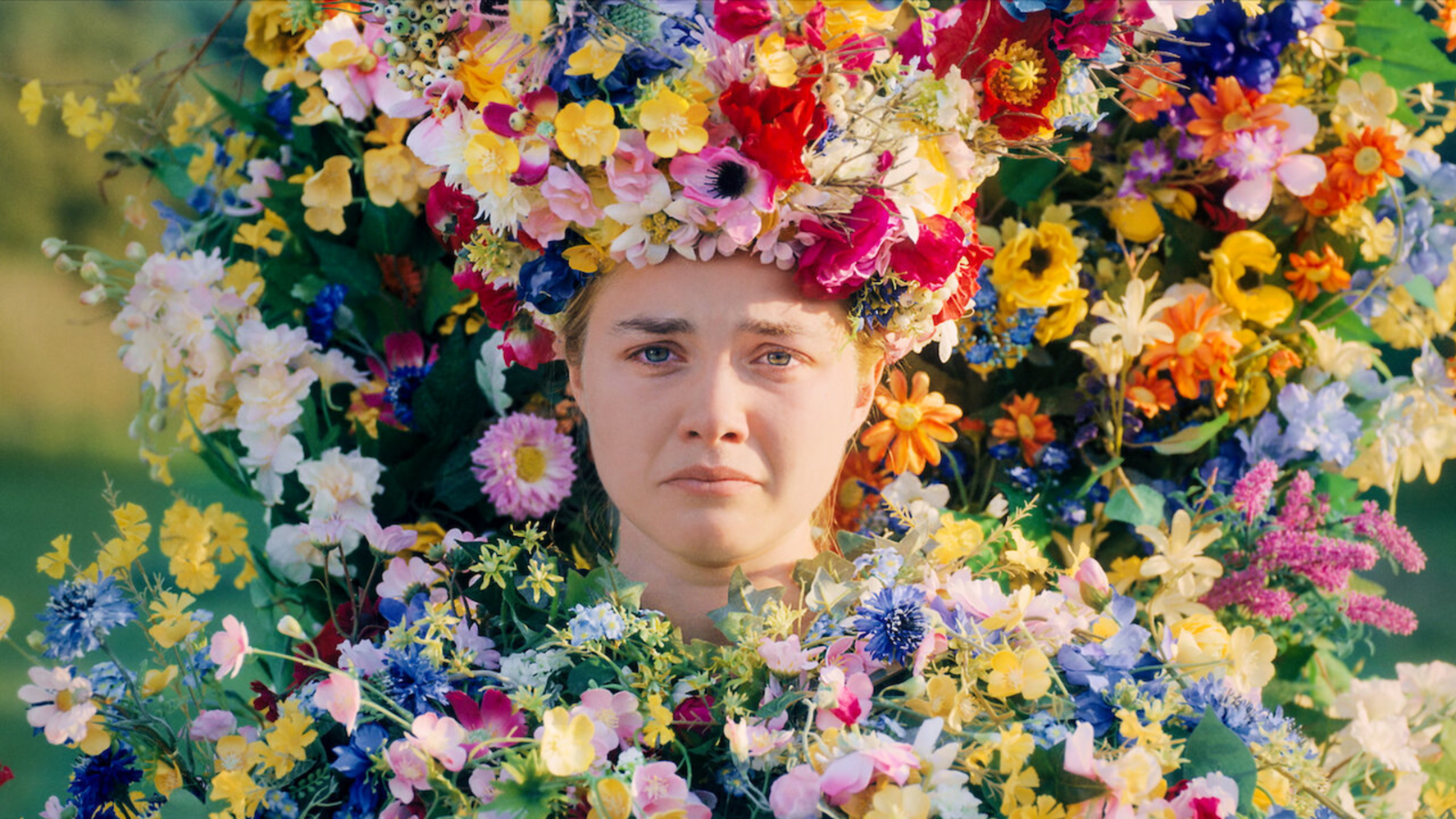



Leave a comment